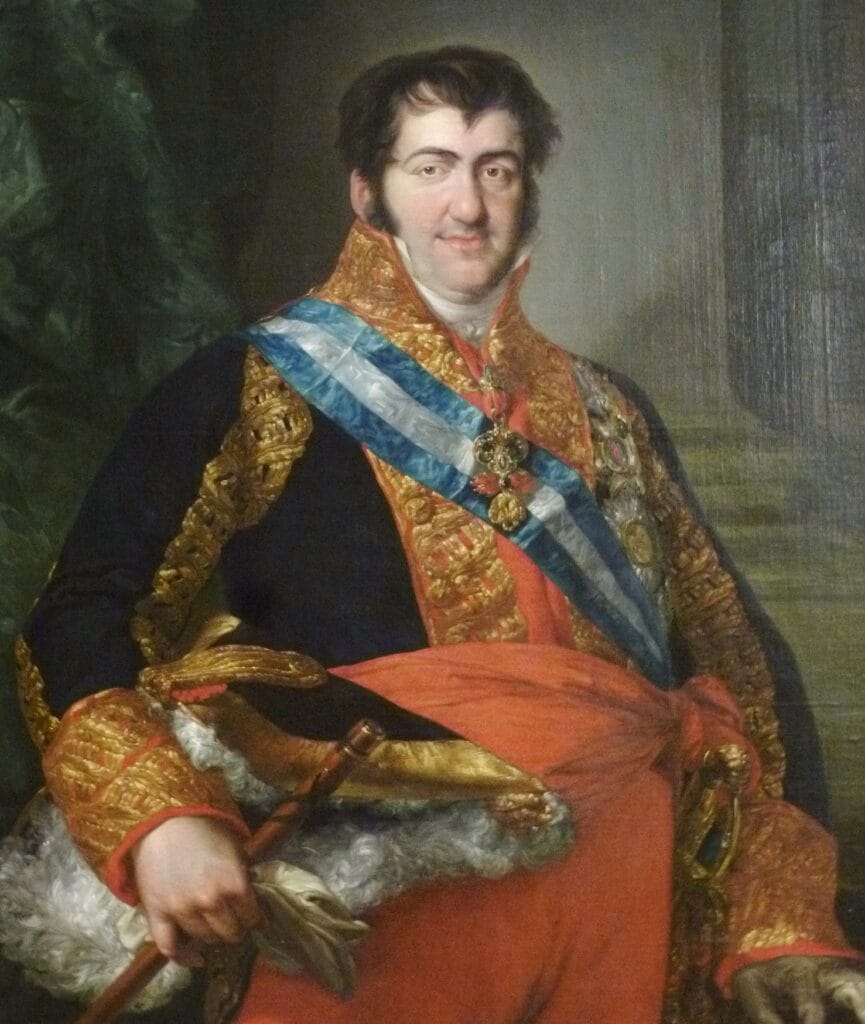
Grandson to Spain’s most awesome king Charles III, Ferdinand VII, was without a shadow of a doubt Spain’s worst ever king. While his subjects suffered terribly, this slug of a man managed to slither unscathed in and out of Napoleon’s conquest of Spain agreeing to whatever was asked of him in exchange for a gilded imprisonment in a French palace. He then went on to screw over the loyal subjects who had fought and died for him by ripping up the Constitution of Cadiz written in his absence and demanding a return to old-fashioned absolutist rule. This unsurprisingly provoked democratically-minded liberals to rise up against him. Appearing to capitulate he then called in foreign troops to finally crush Spain’s hopes of ever having a parliament. What followed was a horribly repressive rule which saw the reinstatement of the Inquisition, the closure of the free press and a witch hunt for liberal sympathisers.
Ferdinand’s utter despicableness has always been pretty obvious to me, but it really came vividly to life after reading A Year in Spain by American naval officer Alexander Slidell MacKenzie. MacKenzie witnessed firsthand the horrifying atmosphere in the capital during Ferdinand’s rule and his intimate account really conjures up the oppressive atmosphere of the day. Lets kick off with a royal procession down the Prado in the winter of 1828 in which MacKenzie gets his first glimpse of the king:
“The Catholic king … glances round on the multitude with a look of mingled apathy and good-humour, and salutes them mechanically by putting his hand up towards his nose and taking it down again, as though he were brushing the flies away.“
This sums up his attitude to Spaniards beautifully: in all the accounts I’ve read of Ferdinand, it’s clear that he was totally lacking in empathy for his own subjects. Pretty standard for a royal, you might think, but he goes on to be so outrageously mendacious in his treatment of them that you’re left completely gobsmacked.
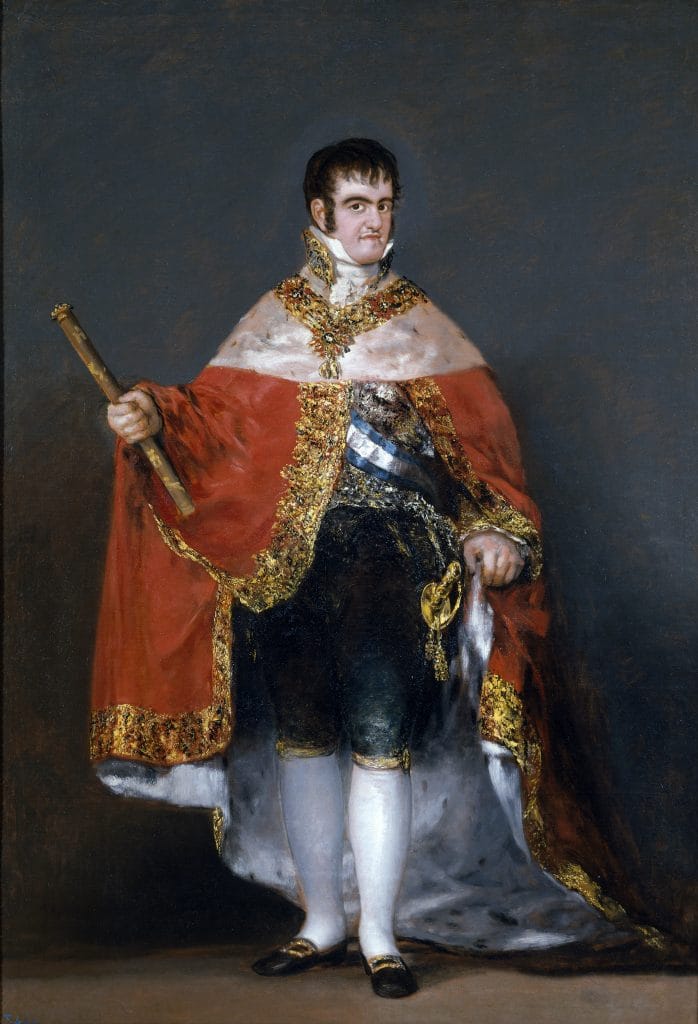
Take, for instance, the case of MacKenzie’s landlord, Don Valentin, a nobleman from Rioja who, has fallen on increasingly hard times as Ferdinand’s rule progresses. First off Don Valentin, a pretty hardy entrepreneurial type, opens a reading room in the downstairs of his residence of Puerta del Sol, but this quickly gets stomped on as the free press is closed down. He then opens up a shop selling fabric, until the king calls him in for a chat. He’s heard that Don Valentin knows where some retreating French soldiers hid a horde of “plate and other valuables” stolen from the royal palace. Would he go and recover this for the king?
Valentin is in a bit of a no win situation here. If he goes to recover the loot, he’ll need to leave his shop in the hands of his employees, who, he suspects will fleece him of all his possessions in the wink of an eye, but he cannot deny the king. He’s left with no option but to sell up all his stock and close up shop, losing his small remaining source of income. Still, things go well and Valentin returns to Madrid with the booty which is then returned to the king.
“He now presented his various claims to government, for damages suffered by loss of trade, and for the expenses of the journey, including the subsistence of the foot-soldiers who had served as escort, which he had defrayed from his own purse. These claims were readily admitted, and an early day appointed for their liquidation. The day at length comes, but the money comes not with it. Don Valentin has an audience of the king; for no king can be more accessible than Ferdinand. He receives the royal word for the payment; for no king could be more compliant. He has many audiences, receives many promises, but no money.”
Of course poor Valentin is screwed, but he can’t do anything about it. Anyone daring to criticise the king soon ends up swinging from the end of a noose. Various purges have, in fact, left Spain’s army in a sorry state as MacKenzie notes:
“The officers, however, and it is they who give the tone to an army, are very inferior; for the old Spanish officers, having been almost all engaged in bringing about and sustaining the Constitution, are now generally in disgrace or banishment, their stations in the regiments of the line are chiefly filled by lowborn men, taken from the ploughtail or the workshop, who were led by avarice or fanaticism to join the royalist guerrillas at the period of the last revolution. In the royal guard they have been superseded by young nobles, who are many of them children in age, and all of them infants in experience.”
Unsurprisingly, during Ferdinand’s rule the majority of Spain’s colonies in South America were lost. Whether he could have held onto them if he’d treated his army better is a matter for speculation. What is indisputable is that the man was a shortsighted worm who had no regard for the life of anybody but himself. In Goya’s famous portrait, which hangs in the Prado, this king comes across just about as smarmy and self-satisfied looking as you’d expect from the tales about him.
However, in one respect at least, by failing to draw attention to Ferdinand’s most unfortunate physical failing – the ginormous penis that swung between his legs – the portrait did flatter the king. That’s right folks, Ferdinand was hung like a horse and while in this day many men are lauded for this trait, in the 1800s Greek ideas of physical perfection still held sway meaning that Ferdinand’s appendage was viewed as being monstrous. It was of such an unusual shape too that he had to have a special cushion made to help him impregnate his queen. This cushion supported the rather narrow base of the penis, leaving only the bulbous tip bobbing around for his poor mate to straddle.
Four women had the spectacular misfortune to marry Fernando; two of whom were his nieces and one his first cousin. Only in his last marriage did he manage to have kids that could survive beyond infancy. He had two girls, the first of whom was Isabella. With no sons in the offing Ferdinand insisted she become the very first queen to rule Spain, thus sparking off a bitter fight for succession that again well and truly screwed the country over. By that’s a tale for another day.
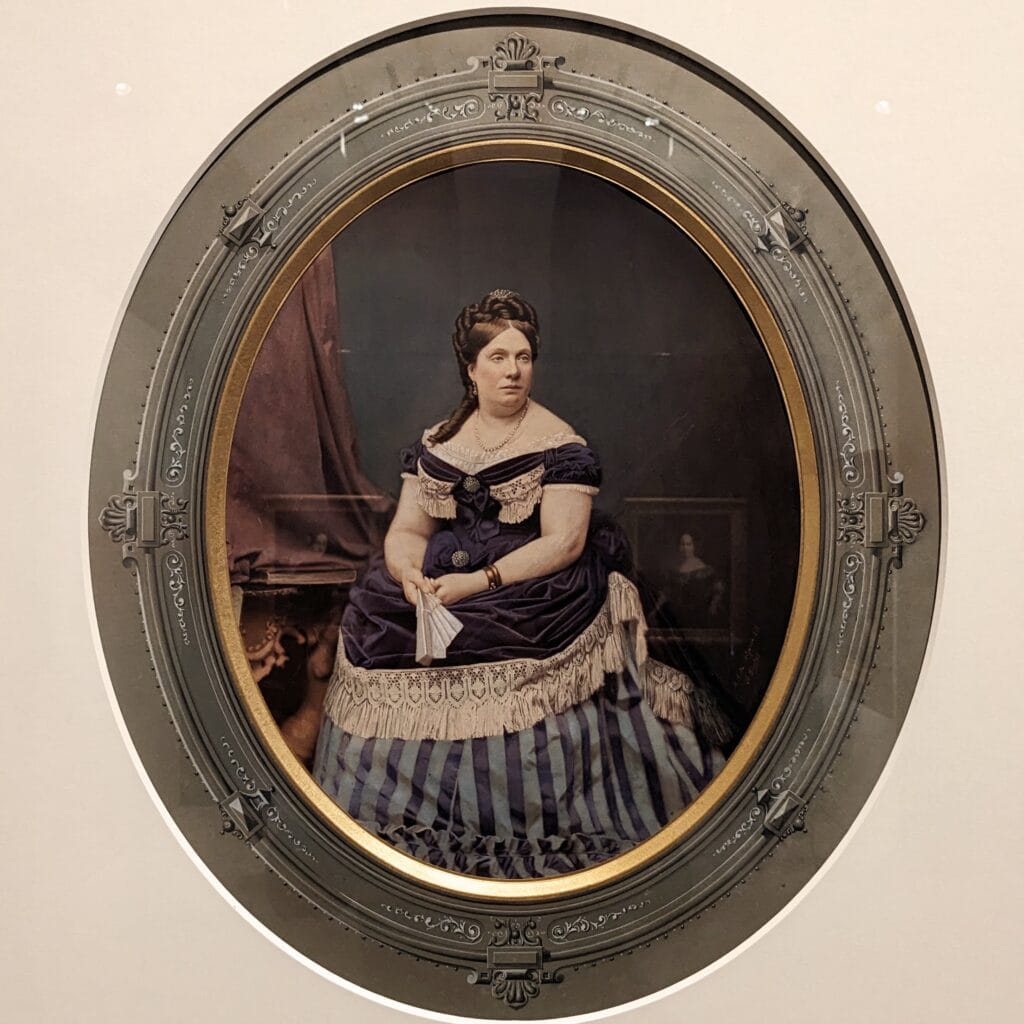
Well anyway, there you have it Ferdinand VII, who both had and was a massive penis. If you’re interested in reading more scurrilous tales of naughty royals, check out my post on Alfonso XIII. Ferdinand VII’s great-grandson was not only a playboy, he also founded his own production company to produce Spain’s first silent pornos.
Visiting Madrid and want to see a different side to the city? Then why not buy a copy of my new book Quiet Madrid, a guide to the tranquil spaces in hidden places dotted about the city.
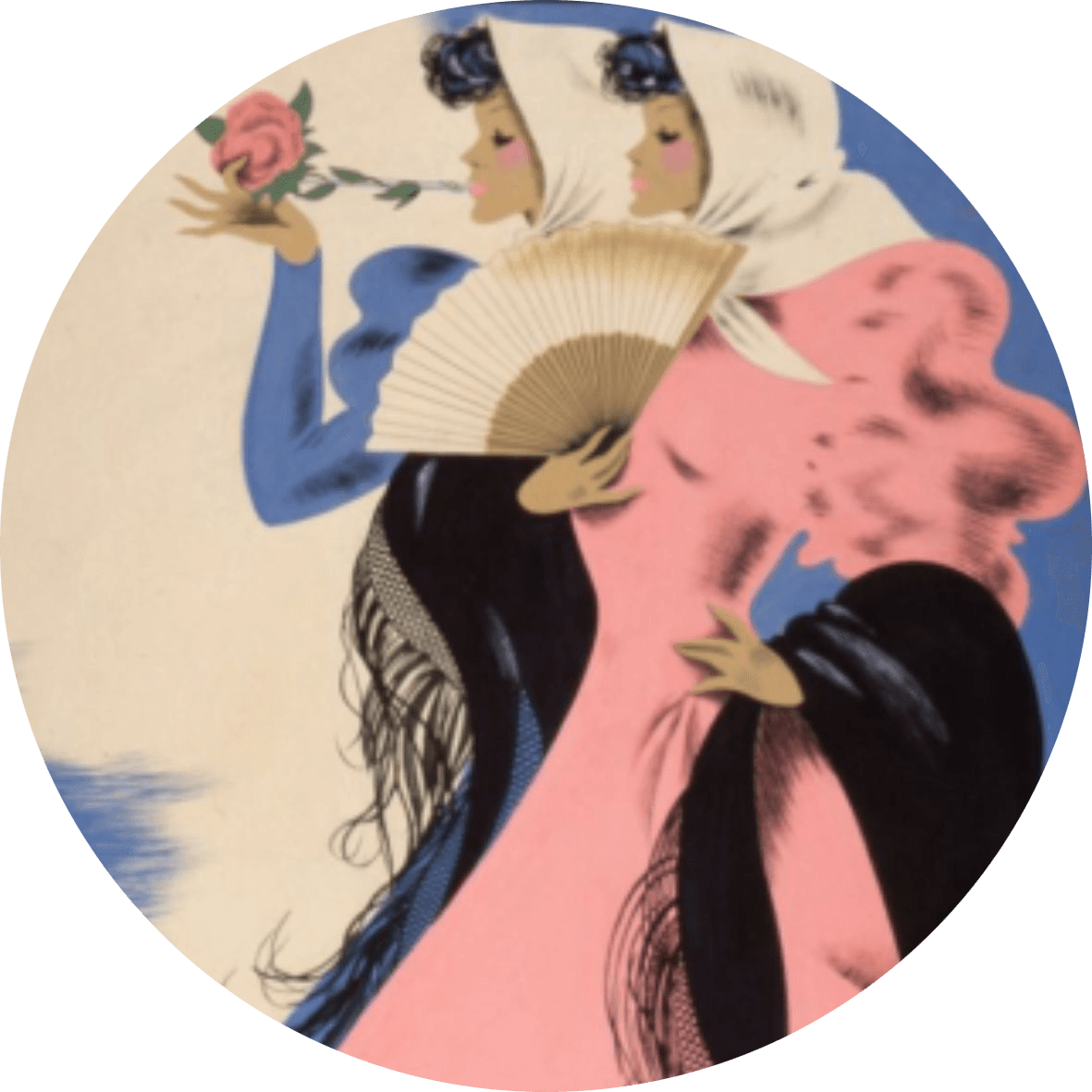
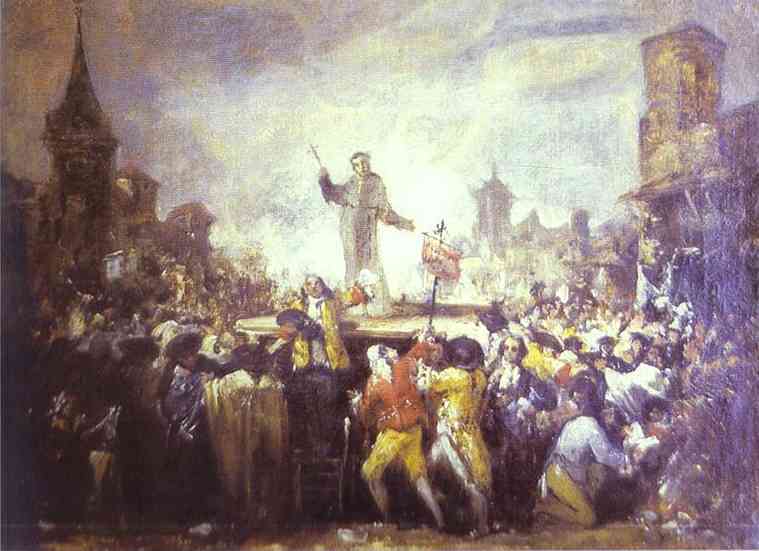
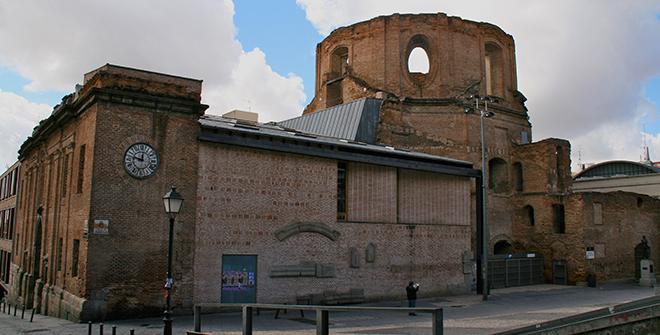
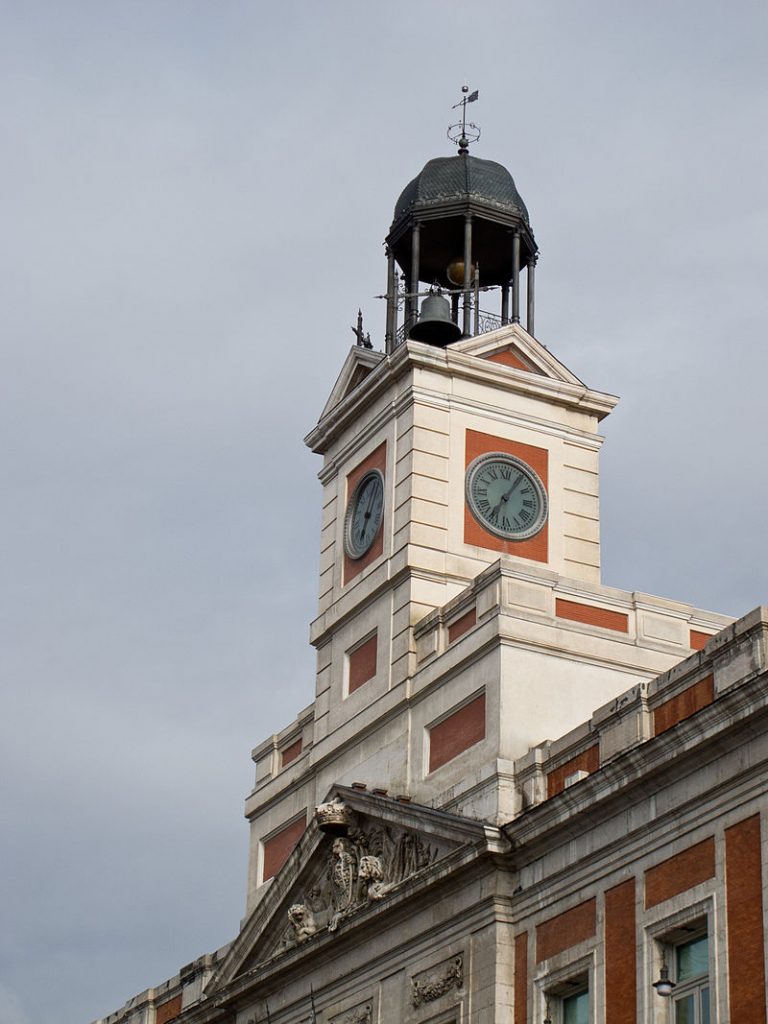
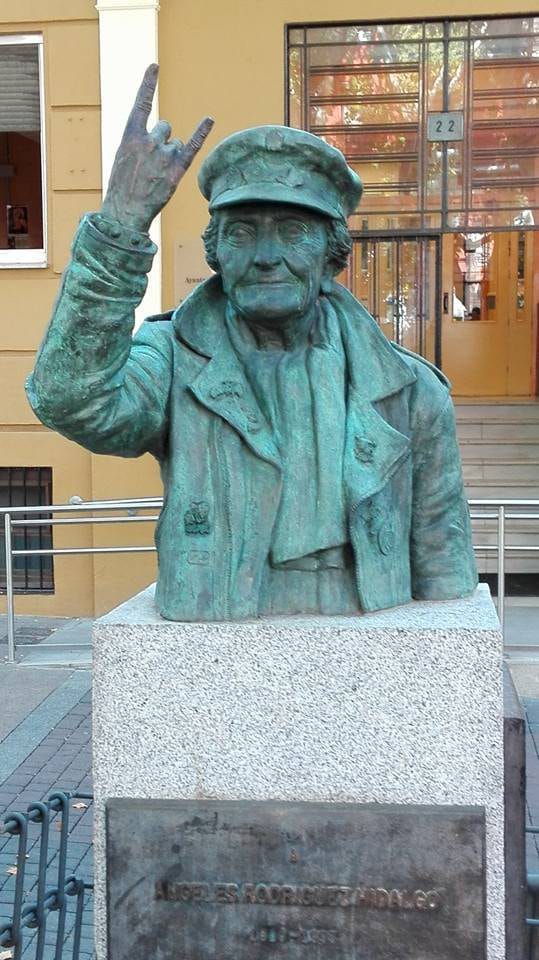
Pingback: Three Museums that Reveal Madrid Through the Ages - The Making of Madrid
Pingback: Plaza de la Cebada: a Grotesque Reshaping of a Historic Square - The Making of Madrid
Pingback: Campeonas: Madrid's female heroes - The Making of Madrid
Pingback: Ateneo de Madrid's Turbulent History - The Making of Madrid
Pingback: Hidden Corners of Retiro: The Artificial Mountain - The Making of Madrid
Pingback: Three Myths About the Spanish Inquisition - The Making of Madrid
Pingback: Dos de Mayo: an Uprising Fought by Ordinary Madrileños - The Making of Madrid